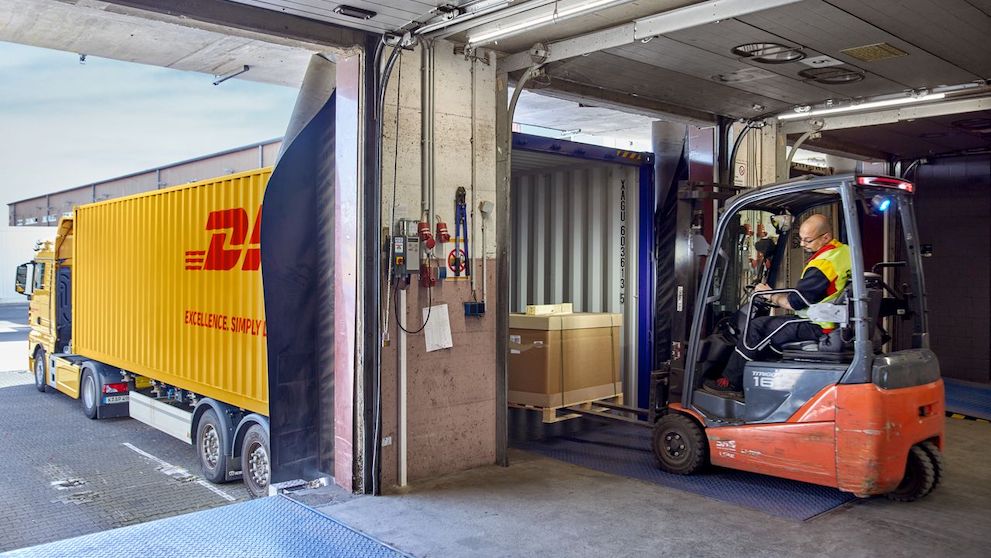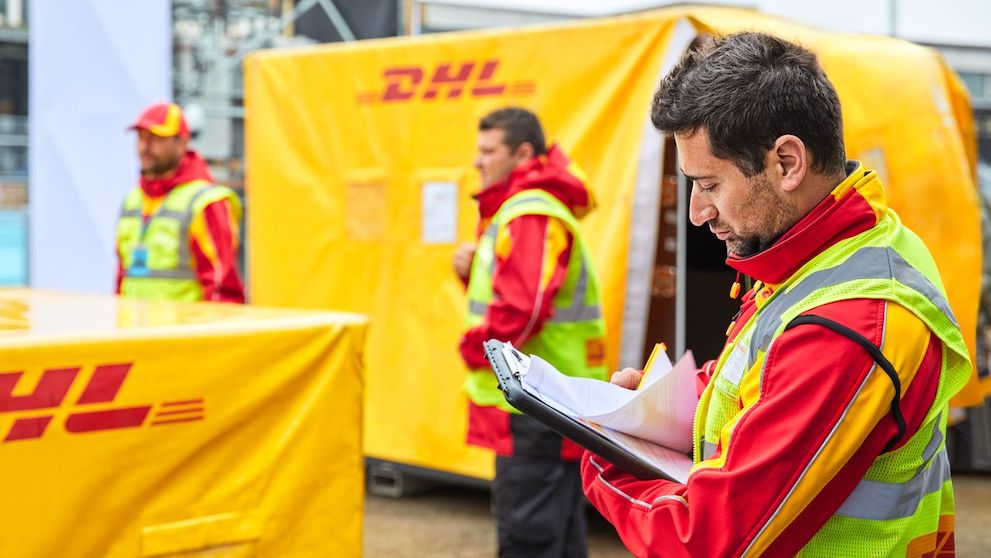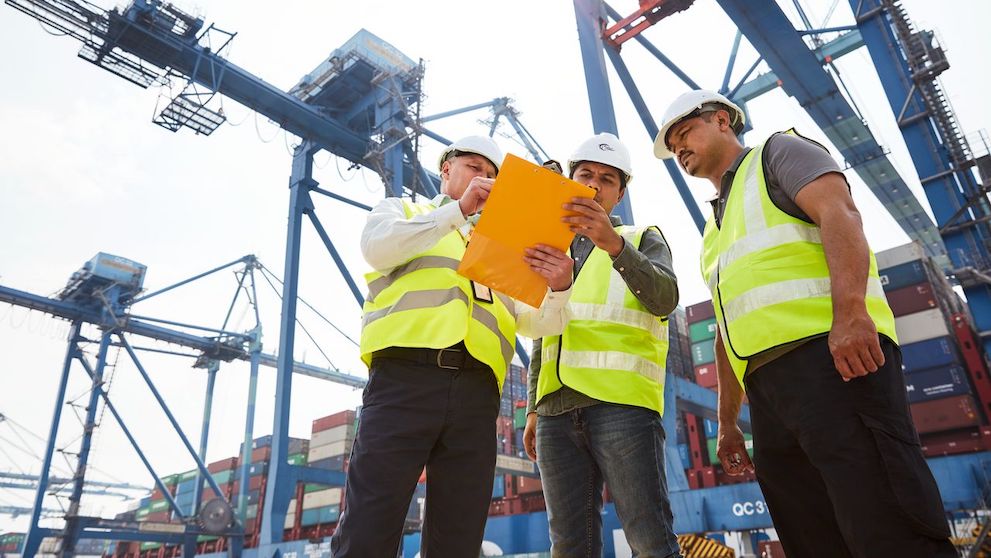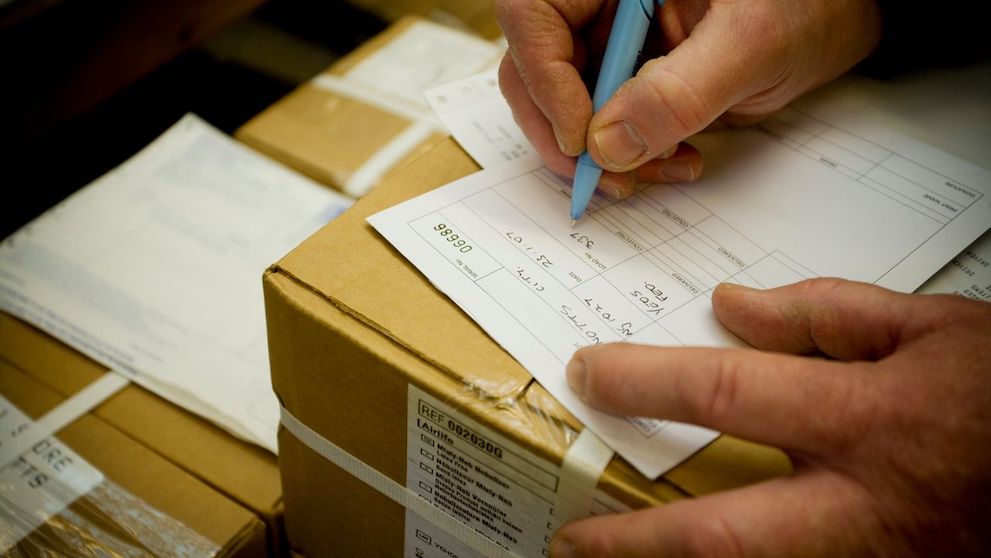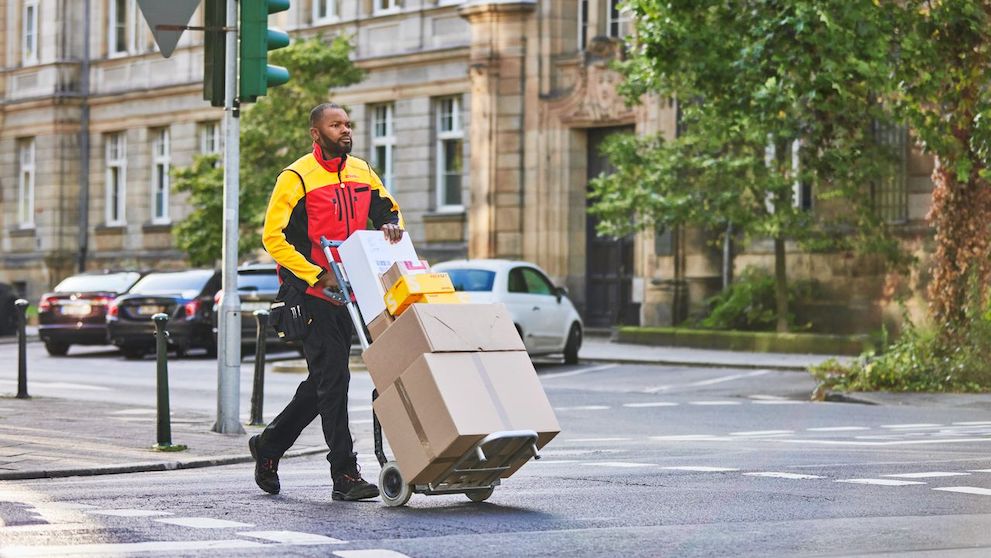If you’re a business looking to gain a foothold in the New Zealand market, importing goods into the country is an ideal way to begin. NZ$7.4 billion worth of goods were imported into the country as of January 2023, as evidenced by Trading Economics, and that figure continues to grow, indicating a massive demand for products coming in abroad. Vehicles, machinery and mechanical appliances, electrical machinery and equipment, plastics and aircraft make up the top imports into New Zealand. Most of these products come from China, Australia, the United States, Japan, and South Korea.
No matter what type of business you are operating, now is an opportune time for companies to take advantage and start importing goods to New Zealand. However, before you dive in, it’s essential to be aware of the various taxes, duties, regulations and documents required for successful customs clearance.
Customs import charges into New Zealand
Let’s start with the taxes and duties. When importing goods into New Zealand, you will be subject to a Goods and Services Tax (GST) of 15% on most goods, as well as customs duty and excise duty on certain categories of goods. Tariffs may also be applied from countries without a free trade agreement (FTA) with New Zealand.
That being said, New Zealand has several FTAs with other countries, including China, Australia and Singapore. These agreements aim to reduce or eliminate tariffs on goods imported between countries. As such, it is important to check whether your goods are eligible for reduced tariffs under any of these agreements.
There are also various policies, laws and regulations that must be adhered to when importing into New Zealand. Below are some guidelines to keep in mind:
Tobacco products are subject to high duty and tax rates, so be sure to specify the number of cigarettes.
Ceramic items, such as mugs, plates, or utensils, require a Heavy Metals Certificate or testing by the New Zealand Ministry of Health if not provided. Samples may not be returned, and there will be a wait of at least 48 hours.
Shipping documents for coffee must specify both roasted and green coffee beans. Green coffee beans will be inspected by the Ministry of Primary Industries (MPI).
Alcoholic beverages are subject to high duty and tax rates with no de minimis. Be sure to state the percentage of alcohol in the liquid and the amount of liquid being imported.
Military equipment containing weapons is prohibited for import.
When importing seeds, use the scientific name and provide a phytosanitary certificate if required. Failure to meet these requirements may result in an MPI inspection.
Films, such as DVDs and VHS tapes, are subject to censorship screening, causing a delay of one day.
Lithium-Ion batteries manufactured in accordance with Packing Instruction 965 parts IB and II may be subjected to embargos or limitations by aircraft operators, which can cause an additional transit time of up to three days in New Zealand. Shipment size and weight limits also apply.
MPI permit and inspection may be required for plant products, including bamboo items and those made of wood. Fees may apply for inspection/fumigation.
Authorization from Medsafe (Ministry of Health) is required for prescription drugs, and controlled medications require an original license.
Commodity types such as foodstuffs, medical samples, soil samples, animal products, and perishables are subject to inspection by the MPI, which may cause delays.
X-ray machines require licenses or permits from the destination country.
Documents to prepare when shipping to New Zealand
After obtaining the relevant documents for your shipment, you can start preparing the rest of your shipping paperwork. To do this, you can tap on DHL Express to create an air waybill for your shipment. It is essential to ensure that all the information included in the air waybill is accurate to guarantee a smooth journey for your shipment. Following this, you will need to generate a shipping invoice with a comprehensive breakdown of each item, including details such as incoterm, HS code, unit value, total value, Country of Origin, currency, reason for export, and statistical quantities.
Additionally, the recipient's complete name, address, phone number, and email address must be provided on the invoice. It is crucial to bear in mind that providing false information may result in non-compliance with customs regulations.
Whether it is for personal or business purposes, New Zealand customs will provide a client code if the value exceeds NZ$1000. To avoid any potential delays, it is advisable to incorporate the client code in the invoice, as well as any permits or certificates for storage charges, if necessary.
Once you have completed the paperwork, you can begin packing your shipment. To prevent any damage to the contents of your shipment, it is vital to use the appropriate shipping packaging. Finally, you can entrust your shipment to DHL Express by contacting our customer service, using MyDHL+, or self-lodging it at any nearby DHL store.


















